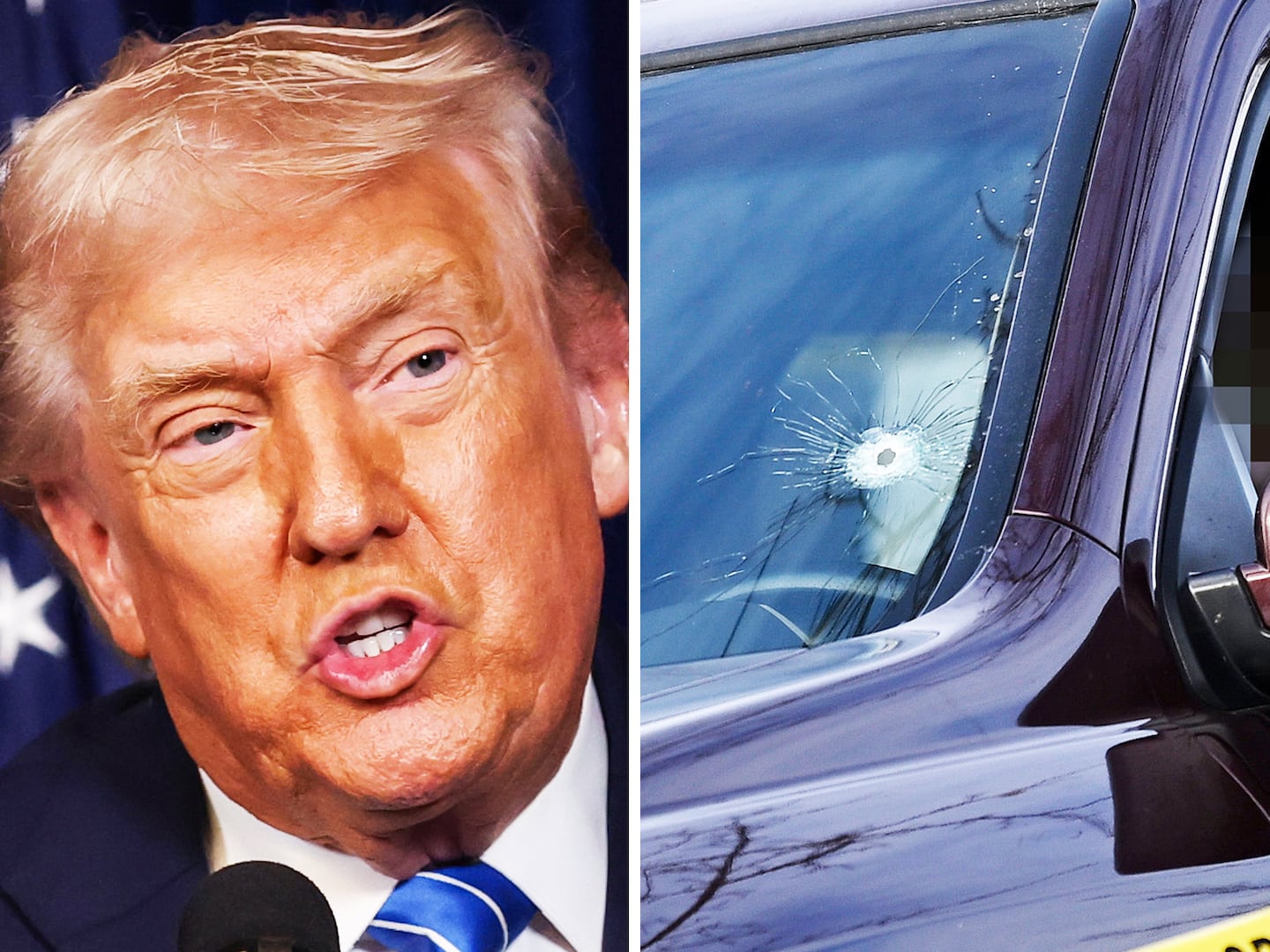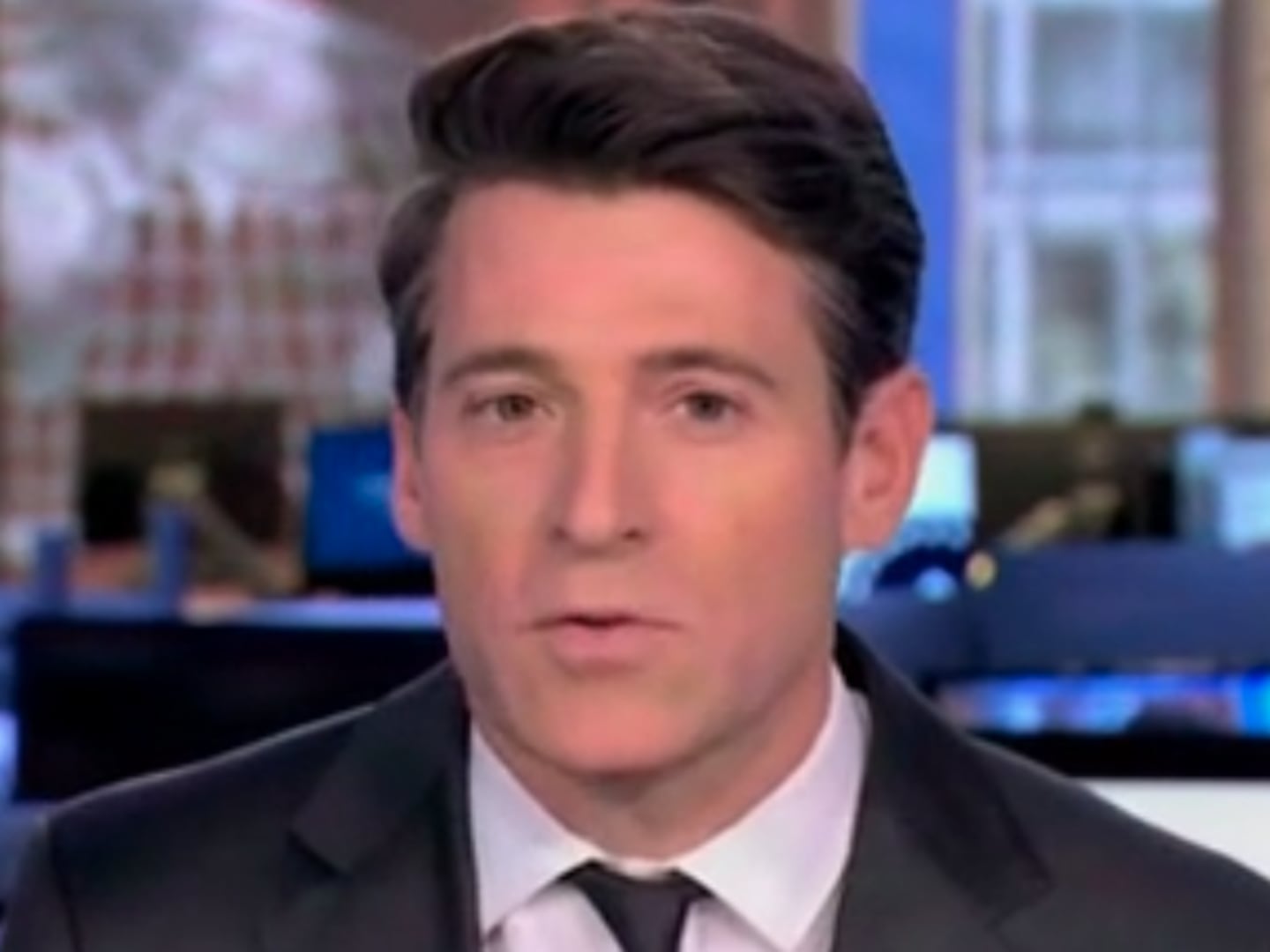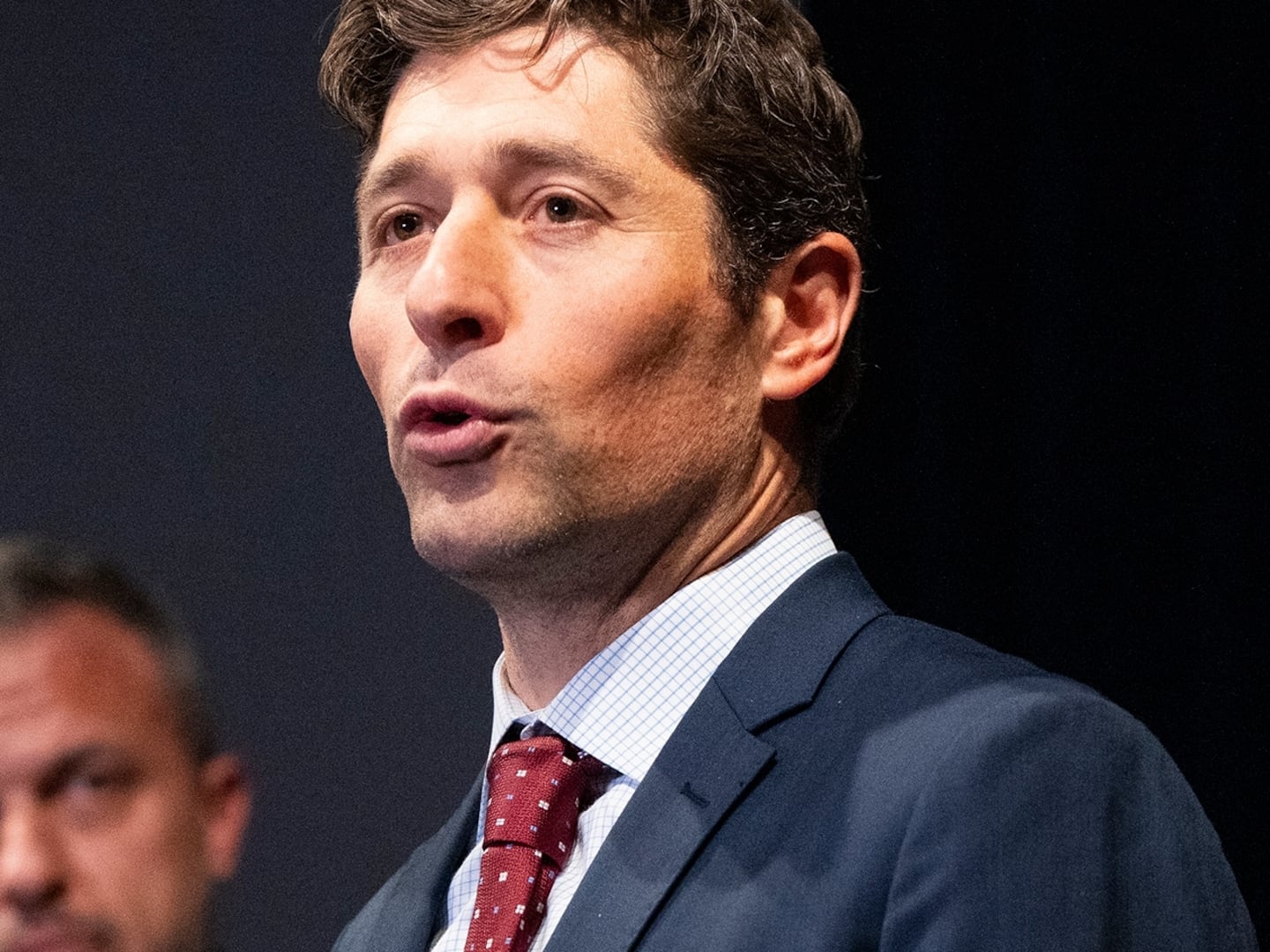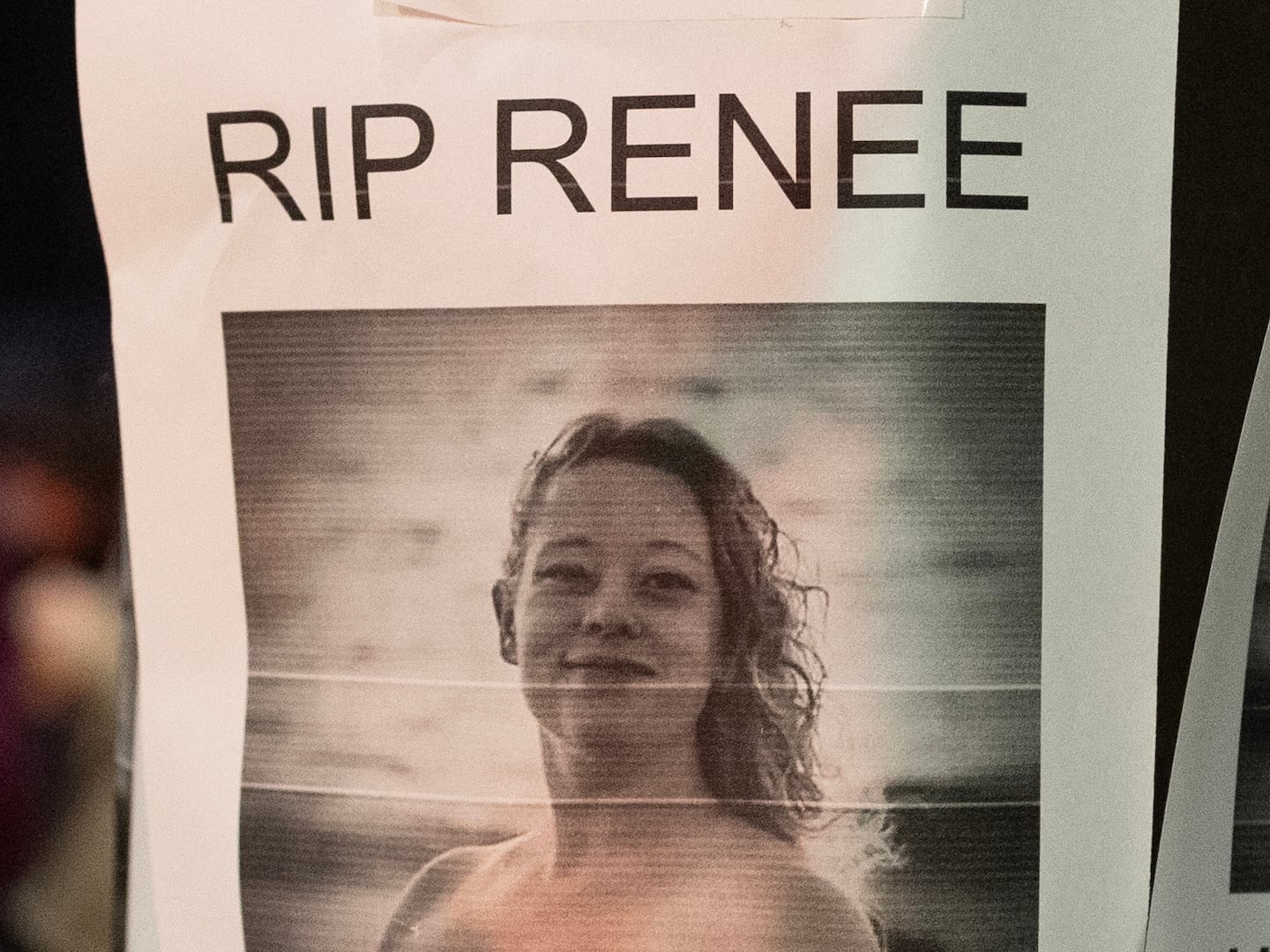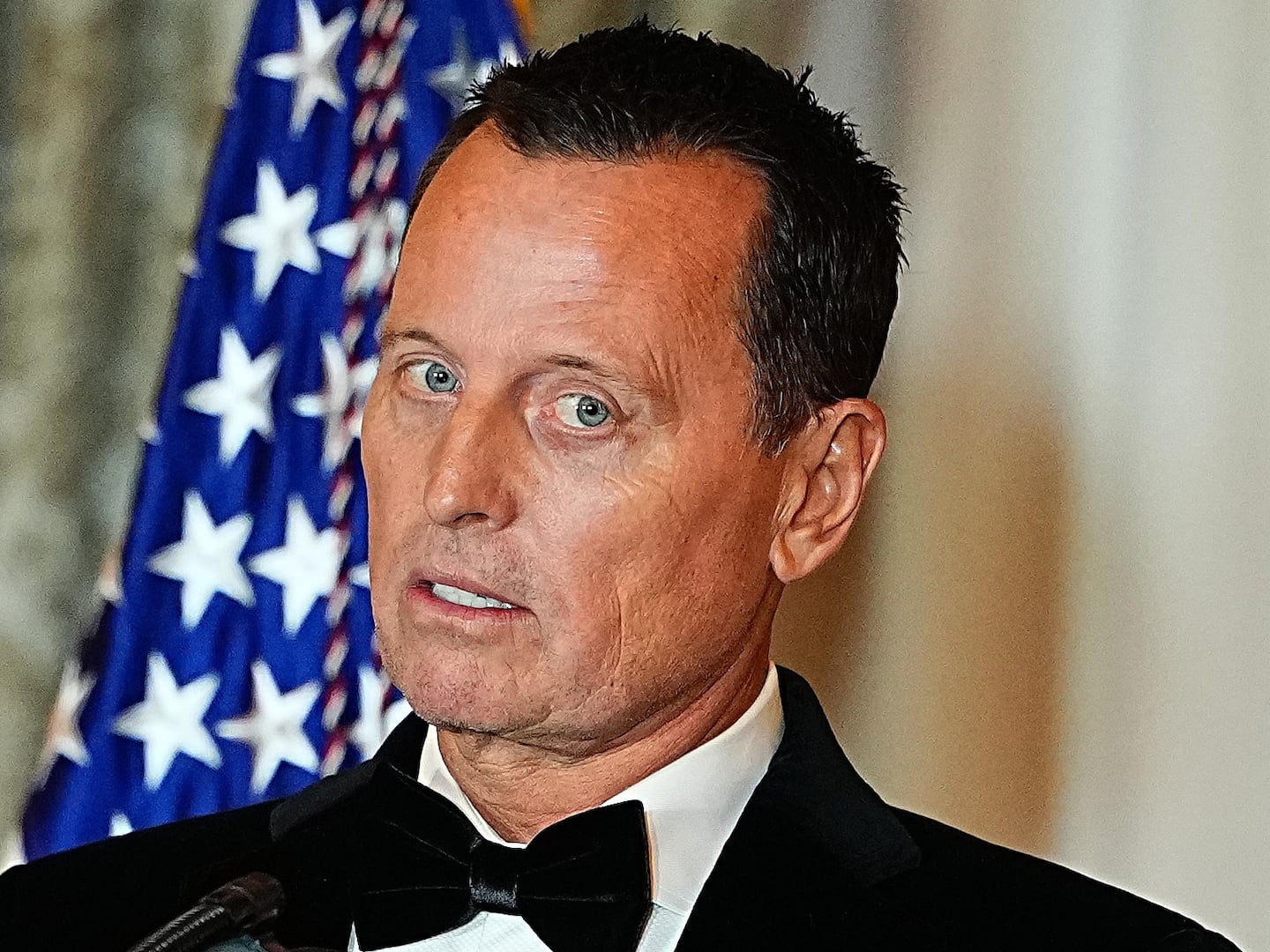Donald Trump implied to a crowd of veterans that those who suffer from post-traumatic stress disorder after combat were weak, perpetuating a misconception of PTSD that blames the victim for his or her suffering.
“When you talk about the mental-health problems, when people come back from war and combat, and they see things that maybe a lot of the folks in this room have seen many times over and you’re strong and you can handle it, but a lot of people can’t handle it, and they see horror stories, they see events that you couldn’t see in a movie... we need mental health help and medical,” Trump said during a Q&A session with retired vets in Herndon, Virginia.
Trump never served in the military, receiving multiple student deferments and a medical deferment in the 1960s, and said once that the danger he faced from getting sexually transmitted diseases was his own “personal Vietnam.”
PTSD is a complex condition, but experts in the field have long said that it is not the result of personal or character weakness—and that this notion can make it more difficult for injured service members to reach out for help.
Veterans website Task and Purpose identifies this as the No. 1 “myth” about PTSD, and the Veterans Health Administration tells service members that “getting help is problem solving, not a sign of weakness.”
Between 11 and 20 out of every 100 veterans who served in Iraq and Afghanistan have PTSD, the VA estimates.
The Trump campaign fired back that the press was operating “as the propaganda arm of Hillary Clinton” and that the candidate’s words were taken “out of context to deceive voters and veterans.”
“Mr. Trump was highlighting the challenges veterans face when returning home after serving their country. He has always respected the service and sacrifice of our military men and women—proposing reforms to Veteran Affairs to adequately address the various issues veterans face when they return home,” said retired Lt. Gen. Michael Flynn, a Trump surrogate.
Trump never answered the question he was originally asked, which is whether he supports funding faith-based programs to stem suicide rates in the military. However, he did flub again when he said 22 veterans commit suicide a day—a new VA study in July concluded that the figure was 20.
The Republican nominee's PTSD statement overshadows the announcement Trump was hoping to make this morning. During prepared remarks earlier in the event, Trump called for a “thorough review” of the nation’s cybersecurity, while pivoting to attack Hillary Clinton for her use of a private email server.
“To truly make America safe we must make cybersecurity a major priority, which I don’t believe we’re doing right now,” Trump said. “Hillary Clinton’s only experience in cybersecurity involves her criminal scheme to violate federal law, engineering a massive coverup and putting the entire nation in harm’s way.”
The announcement follows Trump’s puzzling answer on cybersecurity at the presidential debate last week, when he rambled on about his 10-year-old son’s expertise with computers.
“So we have to get very, very tough on cyber and cyberwarfare. It is—it is a huge problem. I have a son. He’s 10 years old. He has computers. He is so good with these computers, it’s unbelievable. The security aspect of cyber is very, very tough. And maybe it’s hardly doable,” Trump said. “But I will say, we are not doing the job we should be doing.”


